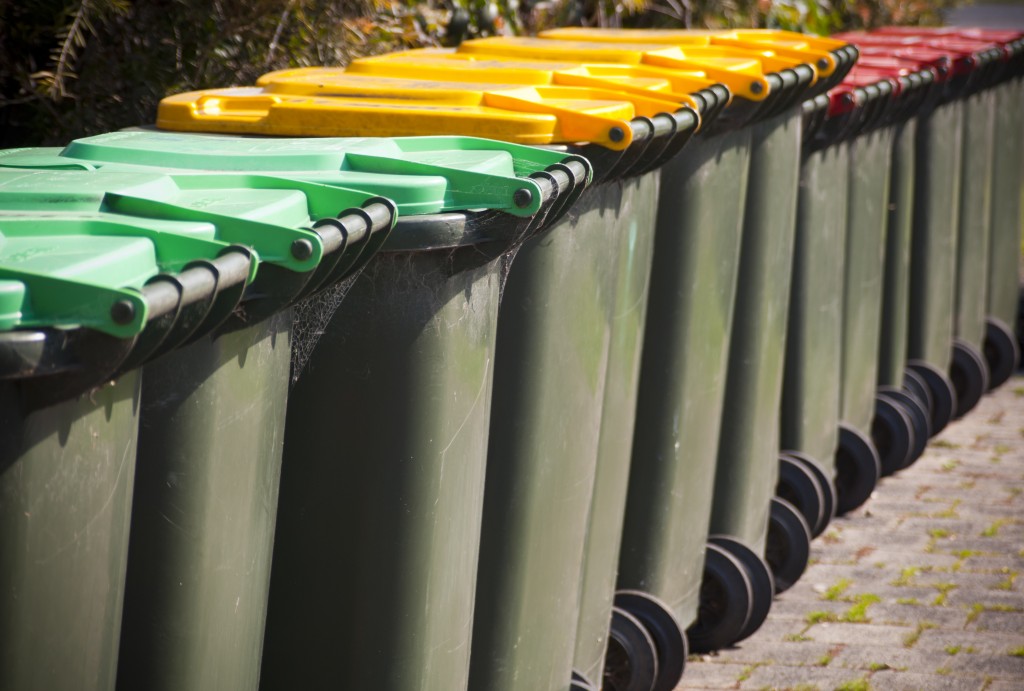As many of us are already aware, segregating trash is one of the ways to help clean the environment and bring waste where they should be. You’d see most bins with the labels “Biodegradable” and “Non-Biodegradable”, and these two groups of trash are disposed of separately after being collected.
But it should not stop at segregation alone. Trash cans or garbage bins should also be cleaned and sanitized regularly to avoid the accumulation of bacteria that may spread diseases. Fortunately, professional trash can cleaning service in Draper, Utah, and other cities is now available. Business owners can benefit from this because having clean premises can attract more customers and give them more positive feedback.
At home, how important is waste segregation, really? How do we maintain the cleanliness of our trash cans, too?
Biodegradable Waste
These are materials or wastes that can decompose from natural processes. The natural factors that can degrade these wastes include microbes, temperature, UV rays, oxygen, and so on. Food waste, kitchen waste, and other organic waste are classified as biodegradable.
The process of decomposition can be fast or slow, but either way, the waste all ends up broken down into the soil. Biodegradable waste is safer for the environment because the microorganisms that feed on them turn such waste into organic matter.
Other wastes classified as biodegradable are paper waste, biodegradable plastics, human waste, animal manure, sewage, and slaughterhouse waste.
Non-Biodegradable Waste

These wastes cannot be decomposed by natural organisms, and they tend to pose a threat to the environment. Plastic is the most common form of non-biodegradable waste. They last for thousands of years or more, and they pollute the environment like other non-biodegradable wastes do. Other examples of this waste are cans, metals, and chemicals used for industrial and agricultural purposes. Air, water, and soil pollution occur mainly because of these wastes, and if not managed properly, people who are exposed to them can be at risk of serious diseases like cancer.
How Do We Clean Our Trash Cans?
After segregating our trash, we should keep our trash cans clean. Kitchen trash cans tend to be the most used ones at home, so we must practice tidying them up regularly. When the kitchen trash can starts to smell even if it’s empty, that’s a sign that it needs some cleaning. Don’t forget to put on a pair of rubber gloves before starting, because you don’t want to have your skin directly make contact with the dirt.
Empty your trash can, making sure you rid it of all large gunk. After doing so, rinse it with water and then pat it dry. Spray a disinfecting product into the trash can, not neglecting the outer parts, the top and, the bottom.
Using a toilet brush or a long-handled nylon bristle brush, scrub the trash can thoroughly and let the disinfectant sit for at least 5 minutes. Then you may rinse it again and dry it either by wiping or letting it air dry.
Even if the trash can is “meant to be dirty”, it doesn’t mean that it should stay that way. Dirty trash cans emit a foul odor that you don’t want lingering in your kitchen. Practicing the habit of proper waste segregation and trash can cleaning at home will make us more responsible, a good trait that we can take with us at work or at school.
